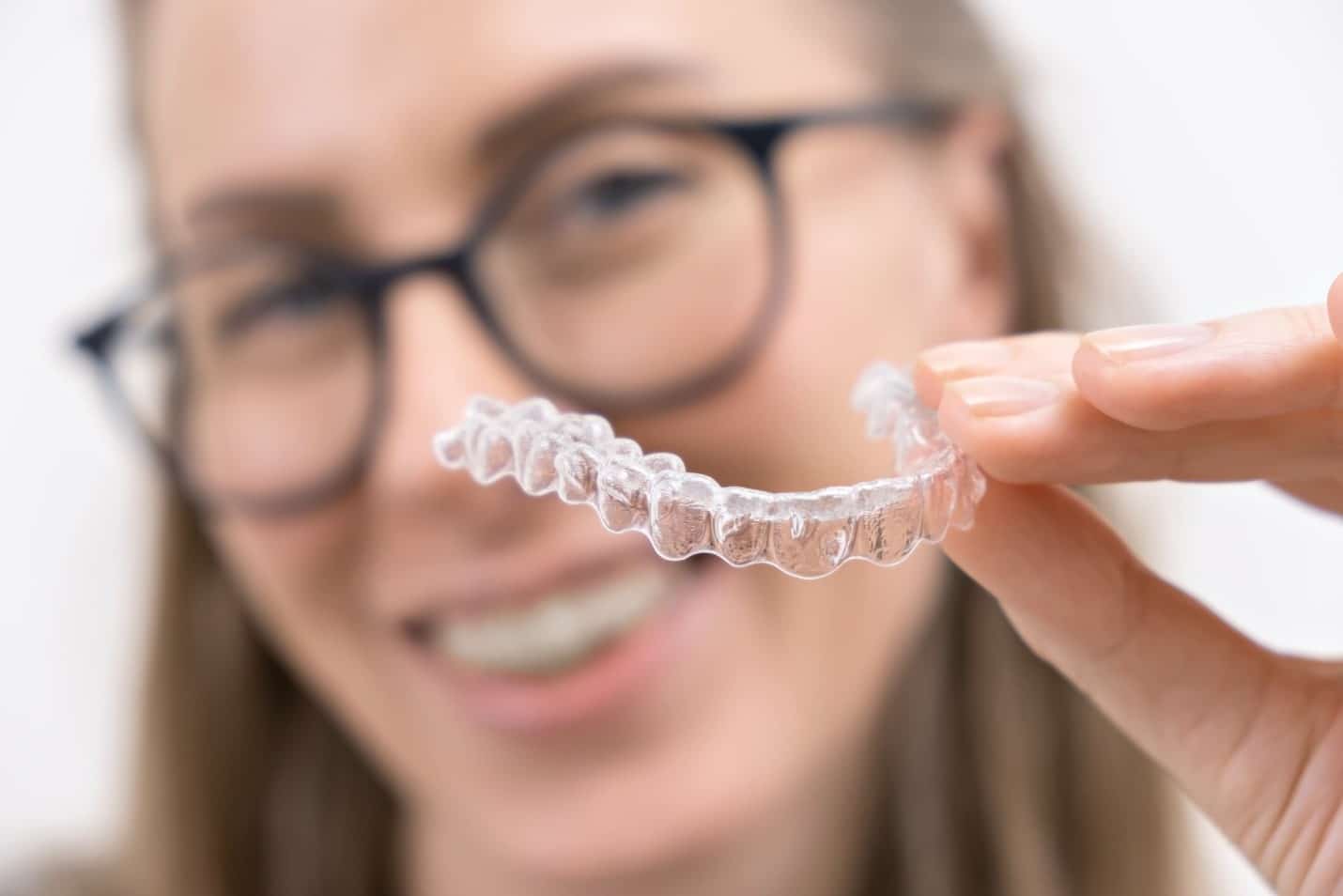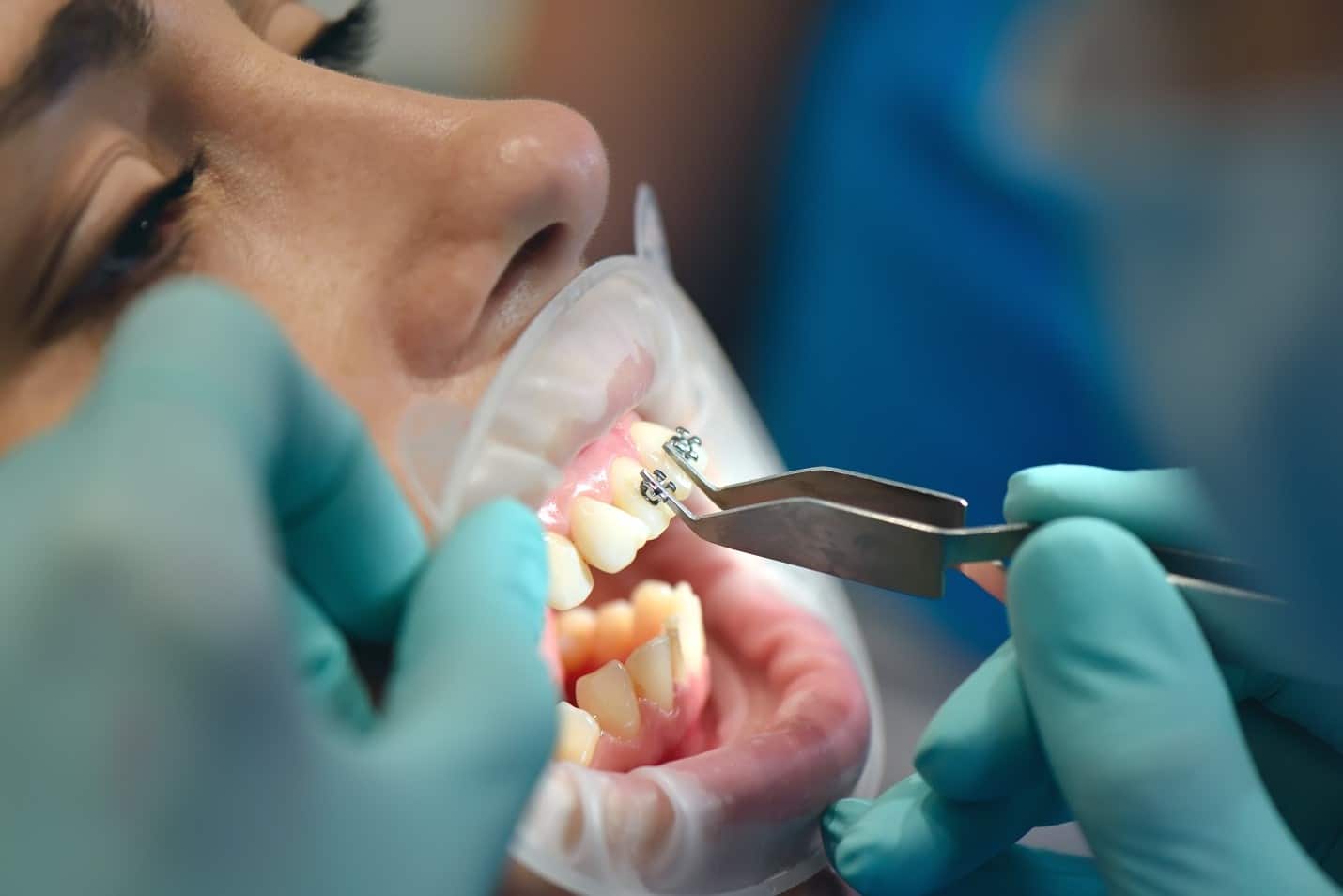You already know how important proper dental health is for avoiding oral health issues, including tooth decay, cavities, gum disease, and more. According to the studies, poor dental health with heart disease and difficulty managing diabetes, but dental health can also impact your general health.
How your bite is aligned can also affect how you feel physically, with some disorders leading to pain, additional wear and tear on the tooth enamel, and issues with speech and chewing capacity.
Misaligned teeth are typically viewed as less attractive than perfectly aligned teeth, so that abnormalities can harm self-esteem. An underbite is one such issue. Continue reading the article to get acknowledge about underbite and its causes.
What is an underbite?
The top front teeth should slightly overhang the bottom teeth when everything is in alignment. When such alignment is disturbed, like with an underbite, issues arise. Contrary to its more well-known counterpart, the overbite, which affects up to 70% of the population and hardly ever requires extensive treatment, the underbite occurs when the lower jaw rests too close to the upper teeth.

Between 5% and 10% of people have an underbite, which happens when the lower jaw extends past the upper teeth, causing the bottom teeth to appear in front of the upper teeth while the mouth is closed. The complete opposite of perfect alignment is this. Underbite severity can range from mild to severe; however, even mild underbite.
What is the prominent cause of the underbite?
● Overbite: An overbite occurs when the upper teeth excessively cover the lower teeth. An underbite may result from the imbalance in the bite caused by this.
● Poor Oral Hygiene: If someone doesn't care for their teeth, it might cause malocclusion or misalignment. The result may be an underbite.
● Genetics: A person's genetic makeup may contribute to an underbite. For instance, a child might get one of their parents' facial features, which could lead to the development of an underbite.
● Jaw Development: If the lower jaw develops excessively, the upper jaw may retract, and the lower jaw may protrude. Underbites may develop from this.
● Teeth Grinding: Teeth grinding, also known as bruxism, can wear down the teeth and result in a bite misalignment. The result may be an underbite.
● Injury: A facial or jaw injury may result in an underbite. For instance, a broken jaw may result in the lower jaw healing improperly.

What are the treatment ways for an underbite?
● Braces: Underbite braces are the most common treatment used to correct underbites. Braces gradually shift the teeth and jaw into the correct position over time.
● Surgery: In some cases, surgery may be recommended to correct an underbite. Surgery involves making cuts in the jawbone to reposition it and the teeth.
● Orthodontist Appliances: Orthodontist Miami Beach appliances such as headgear and facemasks can help reposition the jaw and teeth.
● Jaw Exercises: Jaw exercises can help to strengthen the muscles in the jaw and face, which can help to correct an underbite, as suggested by affordable braces miami.
● Retainers: Retainers help keep the teeth in the correct position after removing braces.
Conclusion :
We hope you liked the article and now acknowledge that underbites can be treated in less time if you start taking proper care of the treatment and visiting the orthodontist North Miami on time.
Comments